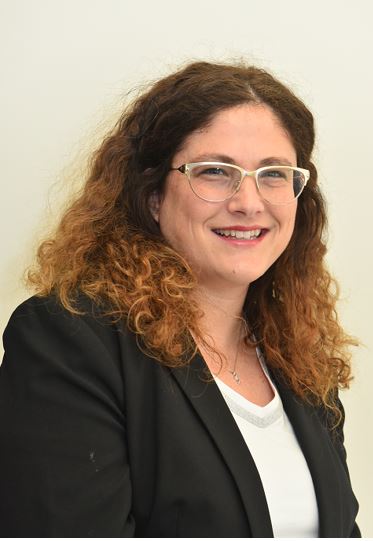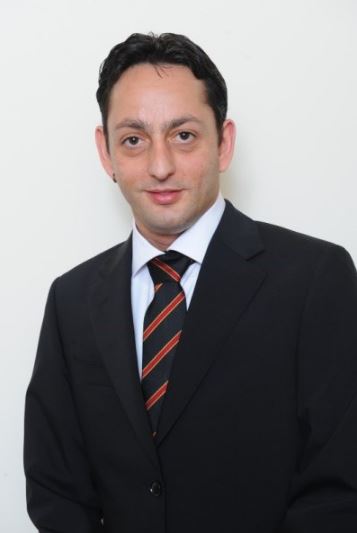A ruling has been handed down recently in the Broadcom case on the subject of a “change in the business model” and the tax implications deriving therefrom, which is a significant and complex matter that has also been related to by the OECD and which has been dealt with by the Tax Authority in recent years. The Court accepted the appellant’s appeal and ruled in its favor, for reasons that will be detailed below.
The previous rulings and the positions that have been determined on the issue place significant tax exposures in cases in which an Israeli IP company is acquired and there is a change in the array of agreements in a group, which are expressed in the presumption of the sale of the assets and operations in the acquired company (and the determination of the value accordingly).
Abbreviated details of the case:
The appellant is an Israeli company that is engaged in the development and sale of products in the telecommunications market.
The appellant was acquired by the American company Broadcom (“Broadcom”) for an amount of 200 million Dollars.
A market agreement opposite a company in the Broadcom Group on a cost-plus 10% basis, an agreement for the granting of
Group, and a development for the “new IP” opposite Broadcom on a cost -plus 8% basis were signed after the acquisition.
The assessing officer claims within the context of an order that he issued, that the array of agreements and the circumstances that exist indicate the sale of the array of the appellant’s functions, assets and risks (“FAR”), in amounts that are approximately similar (after adjustments are made) to the consideration that had been paid for the acquisition of the shares in the appellant.
The following are the abbreviated claims and insights from the ruling:
1. The testing of the continuity of the activity and the retention of the value of the acquired company: The Judge distinguished between the Broadcom case and the Gteko case, in which he had ruled in the past. In the Gteko case, the Judge mentioned that the acquisition of the Company and the changes that had been made subsequently led to a situation in which the appellant had become “a corporate shell lacking content” such that Gteko’s business collapsed shortly after the transaction for the acquisition of the shares. Whereas in the Broadcom case the appellant has proven that following the array of agreements that were made between it and the Broadcom Group, the Company’s activity increased and also its revenues and its profits increased. Even the size of its manpower increased and it leased additional floor space.
In other words – in the execution of transactions and agreements of this sort, it is necessary to verify the continuity of the acquired company and the retention or even the enhancement of its economic value. Also, the Judge placed an emphasis on the retention of the size of a company’s manpower, and in the case in hand the fact that the appellant’s manpower has specifically grown from 90 employees to approximately 200 employees in the years following the acquisition transaction.
2. The sovereignty to change the business model: The Judge hinted that the Taxes Authority has become enamored with the term, however, it is not reasonable that the words “change in the business model” are a magic formula, and that it is enough for them just to be stated in order to bring about a change in the classification of the transaction that has been executed between the parties. Further on it cannot be said that a change in the business model from a model of the continuation of the
generation of income from their sale, to a model of the continued development of the intellectual property on a cost-plus model, the receipt of royalties in respect of the existing intellectual property (even of the value of the existing intellectual property decreases and disappears) teaches us that at the time of the transaction, the appellant sold “an asset”. Further on, the Judge determined that the Company is sovereign to change the model for its operations, even at the price of the reduction of the risks and the opportunities and still this does not constitute a sale. Furthermore, the Judge argues that the fact that the appellant chose to develop the new IP for Broadcom from the time of its acquisition, this does not teach us that it has separated itself from the R&D and the marketing functions that had been operated from itself.
One needs to consider this – A company is entitled to discontinue the development of intellectual property for the purpose of the sale of independent products and to start to develop them for others (including a related third party), whilst receiving royalties in respect of the old IP (i.e. – the splitting of the IP is absolutely possible), and with the knowledge that the value of that IP will reduce over the years, and all this in circumstances in which the considerations that are paid to the Company are appropriate and meet the arm’s-length principle.
This is “sensational” news on this issue.
3. The normative source for the analysis of a transaction: The Judge accepts the principle that the Taxes Authority is entitled to analyze transactions in accordance with their economic substance, whilst placing reliance on the OECD’s guidelines as a source for interpretation purposes, and he even referred to the Taxes Authority’s own words in a circular that it issued on the subject, pursuant to which the case has to be examined with an exact analysis of the FAR for the purpose of classifying the transaction and the consideration therefor, inter alia, with the objective of preventing situations in which there is an inappropriate diversion of profits. However, it would be appropriate for this to be done “in a measured manner and certainly not in an “automatic” and all-encompassing.
4. Royalties versus a capital gain: When the Taxes Authority has been unable to reclassify a transaction, the significance of this is that validity should be given to the agreements that exist between the parties – including the Cost-plus agreements for the provision of marketing and development services (a pricing methodology that was not attacked by the Taxes Authority and thus was approved by the Court) and all that remained for the Taxes Authority to claim are claims regarding “the transaction price” pursuant to the Ordinance, including the royalties rate that was set in the use of the “old IP” transaction (which is something that has not been done in the case in hand).
In the past, we have expressed our opinion that in the case of the retention of the IP in an acquired company and the granting of a usage right in respect of it “the company will avoid the existence of possible claims regarding the absolute sale of its assets (in which a significant tax exposure is inherent), and the potential dispute is narrowed to a discussion on the royalties rate or on the manner is determined”.




